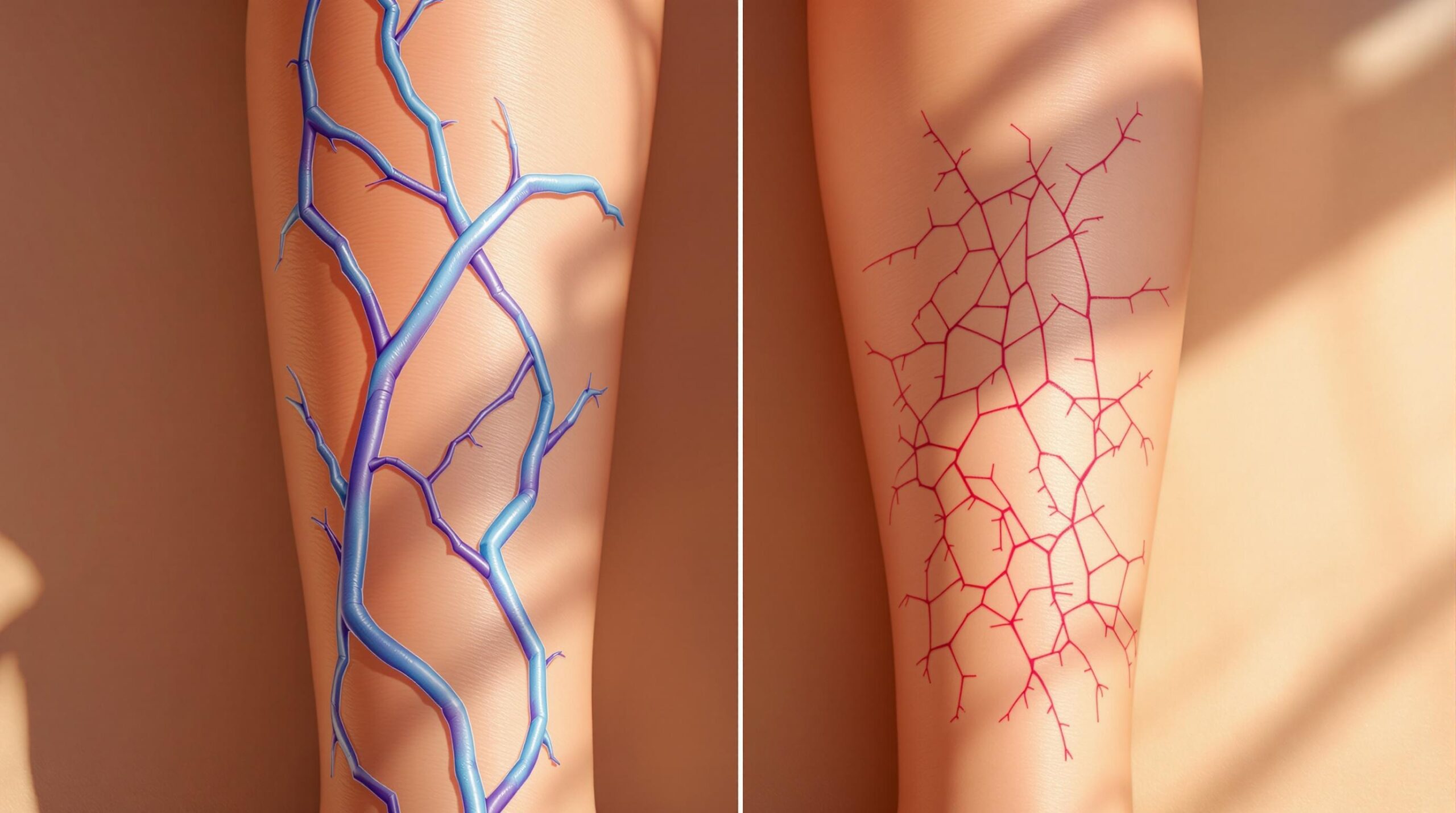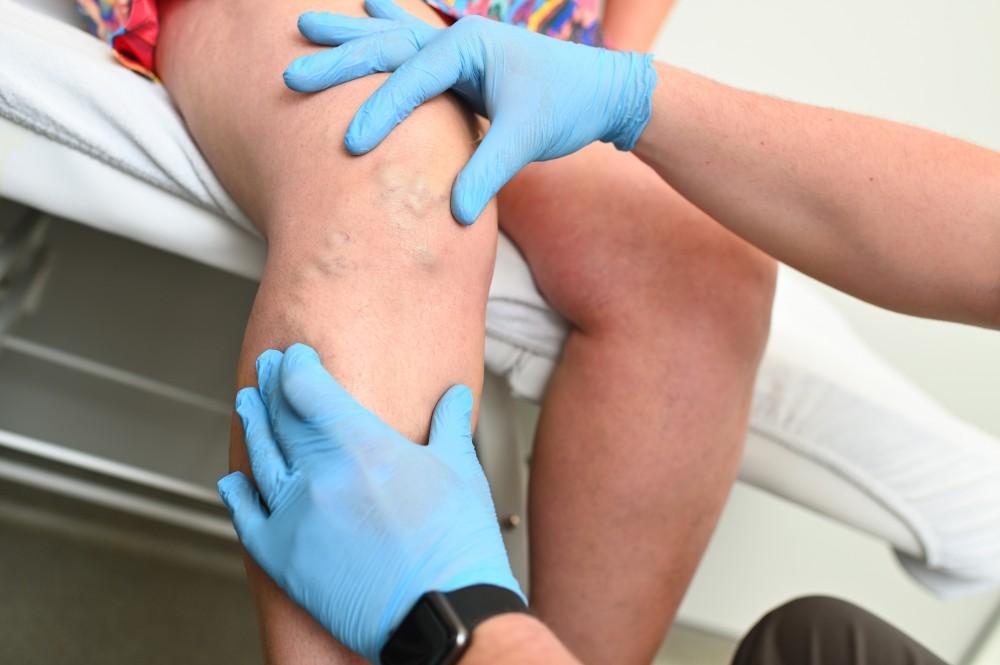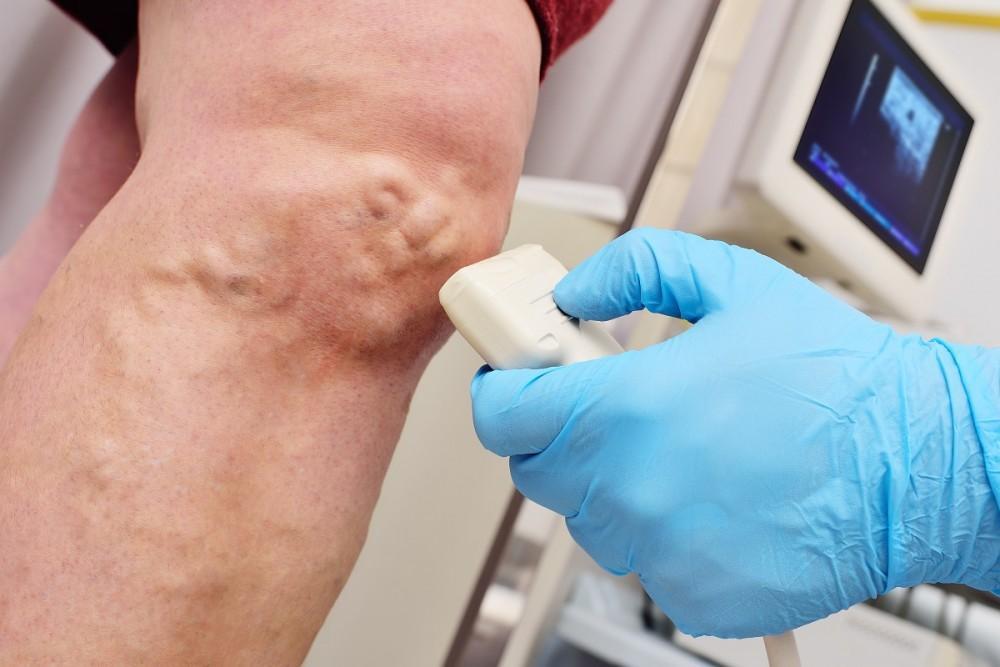Venous insufficiency is a condition in which your blood flow from your lower extremities back to your heart doesn’t function properly. Blood pools in your legs, putting pressure on your veins.
This condition, which is sometimes caused by circulatory conditions like phlebitis and can eventually lead to serious complications like venous leg ulcers, affects as much as 40% of men and women in the United States. Venous insufficiency is often chronic, occurring multiple times.
The good news is that we at Prime Heart and Vascular can successfully treat venous insufficiency with a variety of therapies. With more than 10 years of experience treating cardiovascular conditions, Rishin Shah, MD, offers vein treatment services from our offices in the northern suburbs of Dallas, Texas.
Are you at risk?
You’re more likely to deal with chronic venous insufficiency (CVI) if you have a risk factor that places increased stress on the valves inside your veins. Some of the populations at heightened risk for CVI include:
- Women, especially those who have been pregnant multiple times
- People who have recently had a deep vein thrombosis (DVT) or blood clot
- Tall people
- People with hereditary valve dysfunction
CVI tends to become a problem with age, although younger people can suffer from the condition as well.
Red flag symptoms of chronic venous insufficiency
Most of the symptoms of venous insufficiency aren’t dramatic or life-threatening themselves. But if left untreated, the condition can lead to the development of serious complications like venous leg ulcers. Even if your symptoms don’t feel urgent, a medical checkup may still be warranted.
If you have these symptoms, you may have CVI:
- Feeling of heaviness, itching, or tingling in the affected limb
- Pain that gets worse when you lower your legs or stand
- Swelling, darkening, or irritation of the skin
- Appearance of varicose veins
- Development of open sores or ulcers, often located on the insides of your ankles
You should seek prompt medical attention if your condition continues to worsen, your pain suddenly increases, or you begin running a fever.
Support and treatment
At Prime Heart and Vascular, Dr. Shah can diagnose your condition and support you through venous insufficiency. Depending on your case, he may recommend a variety of treatment options to address your unique needs.
And depending on your symptoms and diagnosis, he might suggest lifestyle changes like exercise and weight loss, compression stockings to support your veins, or, if needed, more intensive treatments. For severe cases, surgery may be necessary.
If you’re concerned about CVI symptoms, our care team can perform a physical exam to confirm your diagnosis. After taking your health history, Dr. Shah may also order tests including an ultrasound to rule out any other causes.
Even with successful treatment, CVI is likely to show up again and again, and you may need further rounds of follow-up care. If and when you do, we at Prime Heart and Vascular are ready to help you maintain your circulatory health.
To schedule your initial consultation, call us today or book your appointment using our online tool.





